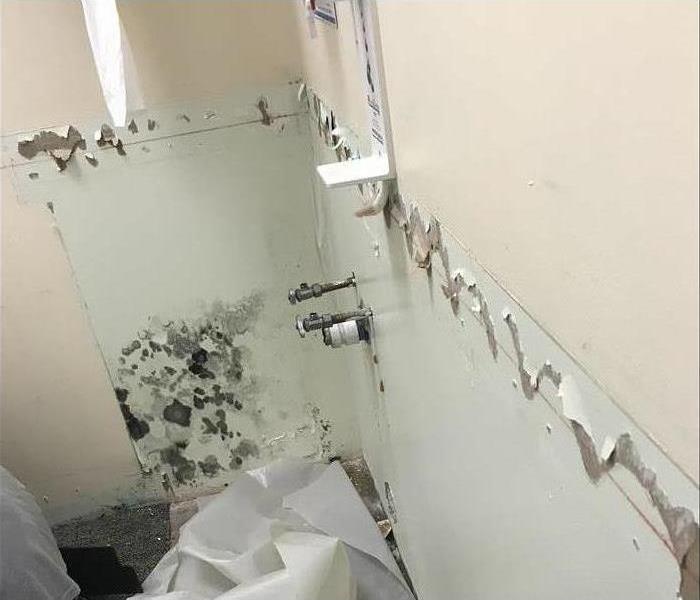When Is Mold Covered by Insurance?
4/25/2019 (Permalink)
When you buy property in Glendale, AZ, you need a commercial insurance package that covers as many potential pitfalls as you can imagine. Most commercial policies include at least limited coverage for mold, but there may be exclusions in your policy you need to know about. The difference between a mold problem that is covered and one that is not may depend on a few factors.
Secondary Damage
Most policies will cover mold remediation services that are needed as a result of a covered loss. Such losses may include:
- Busted pipes
- Toilet overflow
- Roof leak
- HVAC malfunction
If the mold damage in your building is a direct result of an issue that your insurance policy covers, the assessment, remediation and restoration of the molded area is likely to be covered as well.
Exclusions
Most commercial insurance policies have exclusions for mold. Mold cannot grow in an environment that lacks sufficient moisture or food to sustain it. Therefore, many providers view general fungus growth as an outcome of neglect. For example, an HVAC system that isn’t cleaned regularly may harbor a lot of dust that mold spores can latch onto and use as fuel to grow. Your insurance company is unlikely to pay for problems you can easily prevent.
If you live in a particularly humid region, it may be wise to invest in mold insurance. Humidity levels can instigate the growth of mold. You can certainly help prevent the problem by running dehumidifiers throughout your building, but having extra coverage just in case mold appears can’t hurt.
If a mold growth in your building sprouts from water damage that is covered by your property policy, remediation of the mold is probably covered, too. While commercial insurance policies may have exclusions for mold, there are certain circumstances in which they may offer limited fungus coverage. Your insurance agent can help you understand exactly what your policy covers and can advise on additional coverage that may be useful to you.



 24/7 Emergency Service
24/7 Emergency Service
